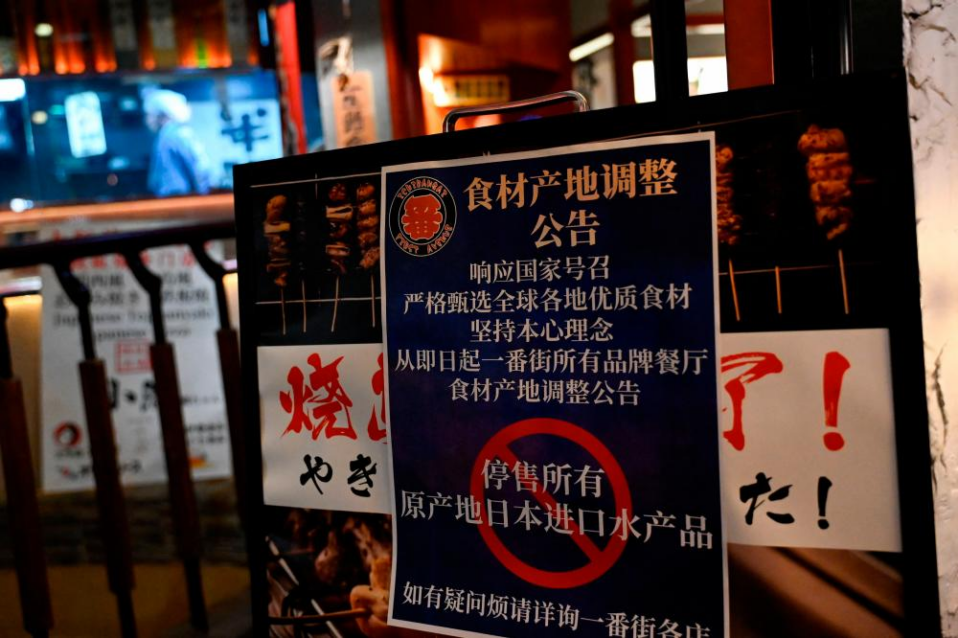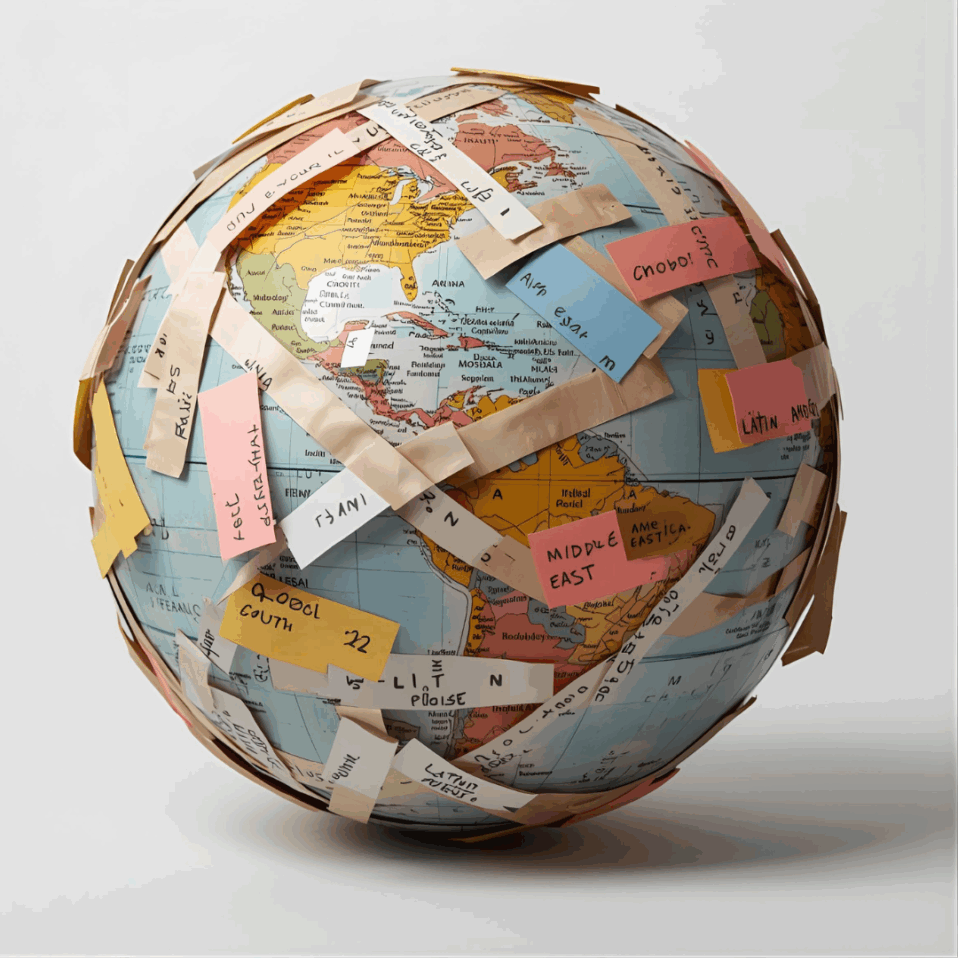On Thursday, August 24, 2023 at 1:30 Japan officially began its plan to release treated radioactive waste water from the Fukushima Disaster into the ocean. This event was the culmination of planning and research since 2019 by the UN’s International Atomic Energy Association in cooperation with Japanese scientists, researchers, and government officials to find a way to move this treated wastewater, as the massive tanks holding much of this radioactive water have lost most of their capacity to continue doing so.
Though some experts have commented that the amount of radiation that will be released into the ocean will be minimal with “negligible effects” on people and marine life, China has been quick to condemn Japan in its efforts to release this treated wastewater, labeling Japan’s action as an “extremely selfish and irresponsible act that disregards the international public interest.” Furthermore, the same Thursday that Japan started to release its wastewater, China’s customs agency issued a ban on any aquatic products, namely seafood, being imported from at least 10 of Japan’s prefectures.
With such quick and unrelenting measures being taken by the Chinese government, concerns from Chinese citizens have also begun to rise, as many have taken to Chinese social media platforms, like Weibo, to express their concerns. Both on and off-line, criticism towards the Japanese government and citizens has slowly increased, as calls for boycotting other Japanese products have grown. Though less common, other acts ensuing out of anger have emerged, such as a reported incident of stones being thrown in a Japanese school in China, though no students were harmed. Within Japan, both governmental and non-governmental entities have been receiving harassment from phone calls by many angered at this wastewater release plan. This has prompted the Japanese foreign ministry to urge China to protect the rights of Japanese citizens in Mainland China at all costs.
As the relationship between the two countries has begun to strain, the question of legitimacy on China’s part has risen: is it fair for China to make the argument that Japan is out of line, while also contributing to the deterioration of the environment? After all, China’s own Fuqing nuclear plant was reported to have released radioactive waste in liquid form in 2020.
Thus, uncertainty has sparked over the past few days as some have started to doubt whether or not this is actually an issue of concern for the oceans and environment. China and Japan’s rocky history could partly explain China’s actions. In 2012, Japan nationalized a group of islands in the East China Sea, which were claimed by both Tokyo and Beijing. This event provoked protests all across China, as many cried for boycotts of Japanese goods in China, with eventually some of these protests turning violent, harming Japanese businesses and generating overall anti-Japanese sentiment. With this history, and previous tensions predating 2012, China’s ban could very well mean that the issue at hand is just another way for China to find a way to exert power over Japan.
In its current state, Japan is focusing on trying to use diplomatic means to get China to overturn its ban. With officials such as Japan’s prime minister urging the Chinese government to change their policy, and other figures such as mayors trying to find ways to keep their seafood sectors sailing smoothly with the absence of a Chinese export market, Japan has yet to give up. Yet, with China’s track record, it seems that they are also reluctant to give up, and will continue in supporting their ban. It is imperative that both countries find a way to meet in the middle; if both continue on the current route, the chances for escalation in tensions is very likely, and a return to the relationship they had in 2012 can materialize faster than imagined.
Written by Special Projects Intern, Noor Razmdideh





